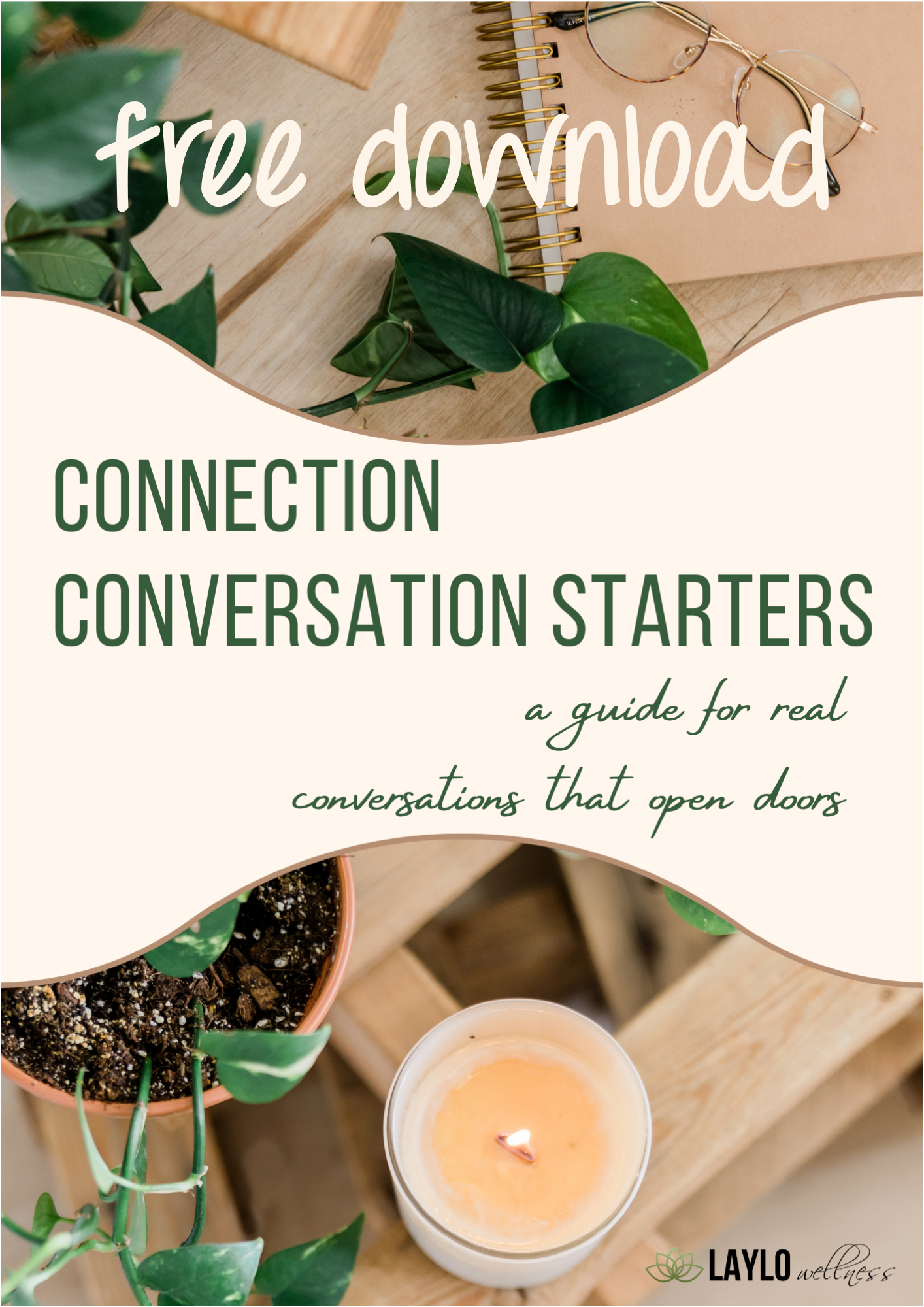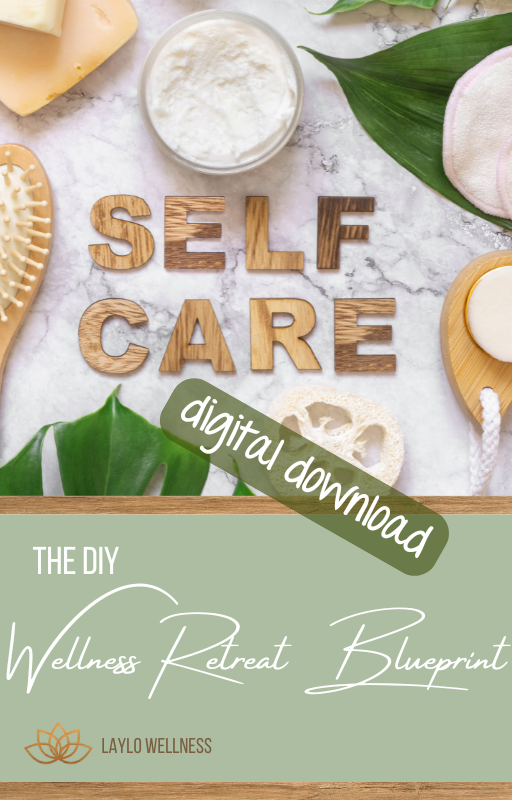
The cost of building a career, managing family responsibilities, and staying on top of daily obligations is they often take priority over friendships.
It happens gradually—social plans get postponed, texts go unanswered, and before long, meaningful relationships start to fade. Many women assume friendships can wait, but research shows that neglecting them comes at a high cost.
The Science of Strong Relationships
Decades of research confirm that friendships are essential for mental, emotional, and physical health. A long-term study from Harvard found that the strongest predictor of long-term happiness and health isn’t career success, financial stability, or even genetics—it’s deep, supportive relationships.
Women who maintain strong friendships experience lower stress levels, better cardiovascular health, and greater life satisfaction. The benefits extend beyond emotional well-being, influencing cognitive function, longevity, and even the ability to navigate life’s inevitable challenges with resilience.
The Decline of Meaningful Connections
Despite the importance of friendships, many women in their 40s and 50s report a decline in social connections. A national survey by the AARP found that over half of women in this stage of life feel less connected to their close friends than they did a decade ago. This shift happens for several reasons: career demands, caregiving responsibilities, and the misconception that friendships should thrive without effort.
When friendships fade, social engagement decreases, making it harder to rebuild those lost connections. A report published by the National Institute on Aging found that women with weaker social networks experience higher rates of anxiety, depression, and cognitive decline. The effects extend beyond mood—studies link poor social connection to an increased risk of heart disease, high blood pressure, and a weakened immune system.
The Health Risks of Social Disconnection
Lack of meaningful friendships isn’t just an emotional challenge—it has tangible health consequences. Research from the Centers for Disease Control and Prevention (CDC) links weak social ties to a 29% increased risk of heart disease and a 32% higher likelihood of stroke. Women with fewer strong relationships are also more likely to experience chronic inflammation, which contributes to conditions like diabetes and autoimmune disorders.
Cognitive decline is another risk. A 2022 study from the National Academy of Sciences found that women with limited social interaction are 50% more likely to develop dementia. The human brain thrives on connection—engaging conversations, emotional support, and shared experiences stimulate neural activity, keeping cognitive functions sharp.
Why Friendships Require Intentional Effort
Many assume friendships will naturally withstand the pressures of life, but relationships require the same care and investment as any other priority.
Unlike family or work obligations, friendships don’t demand attention. There are no deadlines or urgent tasks forcing engagement, making them easy to neglect. Yet, the quality of friendships directly impacts overall well-being.

A study published in Personality and Social Psychology Review found that women who actively nurture their friendships experience significantly higher levels of happiness and life satisfaction. These relationships provide emotional support, encourage personal growth, and create a sense of belonging.
How to Rebuild and Strengthen Friendships
Reconnecting doesn’t have to be complicated. Simple, intentional actions can restore and deepen friendships over time.
- Prioritize meaningful conversations. Surface-level exchanges don’t provide the same benefits as deep, thoughtful discussions. Make time for real conversations that go beyond small talk.
- Schedule regular connection points. Set recurring times to check in with friends, whether it’s a monthly dinner, a weekend getaway, or a quick call during a commute.
- Show up for life’s moments. Celebrating successes, offering support during challenges, and being present for both big and small milestones strengthens bonds.
- Create shared experiences. Engaging in activities together—travel, wellness retreats, creative projects—deepens connection and strengthens relationships.
- Be open and authentic. Vulnerability fosters trust and strengthens friendships. Honest conversations build deeper connections than keeping things at a surface level.
The Long-Term Impact of Strong Friendships
Investing in friendships isn’t just about social fulfillment—it’s about overall health, resilience, and well-being. Strong relationships reduce stress, improve emotional stability, and provide a critical support system through life’s transitions.
Research confirms that women with close friendships live longer, experience better mental health, and report higher levels of happiness. The time and energy spent on maintaining relationships aren’t luxuries—they’re necessities for a fulfilling and healthy life.
Friendships don’t thrive by accident. They require attention, intention, and a willingness to prioritize connection. The question isn’t whether meaningful relationships matter—it’s whether they are getting the investment they deserve.

You don’t have to choose between success and well-being. Step away from the chaos, reset your mind and body, and realign with what truly matters. Our wellness retreats, online courses, and free resources give you the space to breathe, reflect, and design a life that feels fulfilling—without guilt, without compromise.
Be the first to know about upcoming retreats—join the info list for dates and details.
Let’s stay connected! Follow us on Instagram, Facebook, YouTube, LinkedIn, and Pinterest, and join the LAYLO Shala for exclusive updates and insights.




















